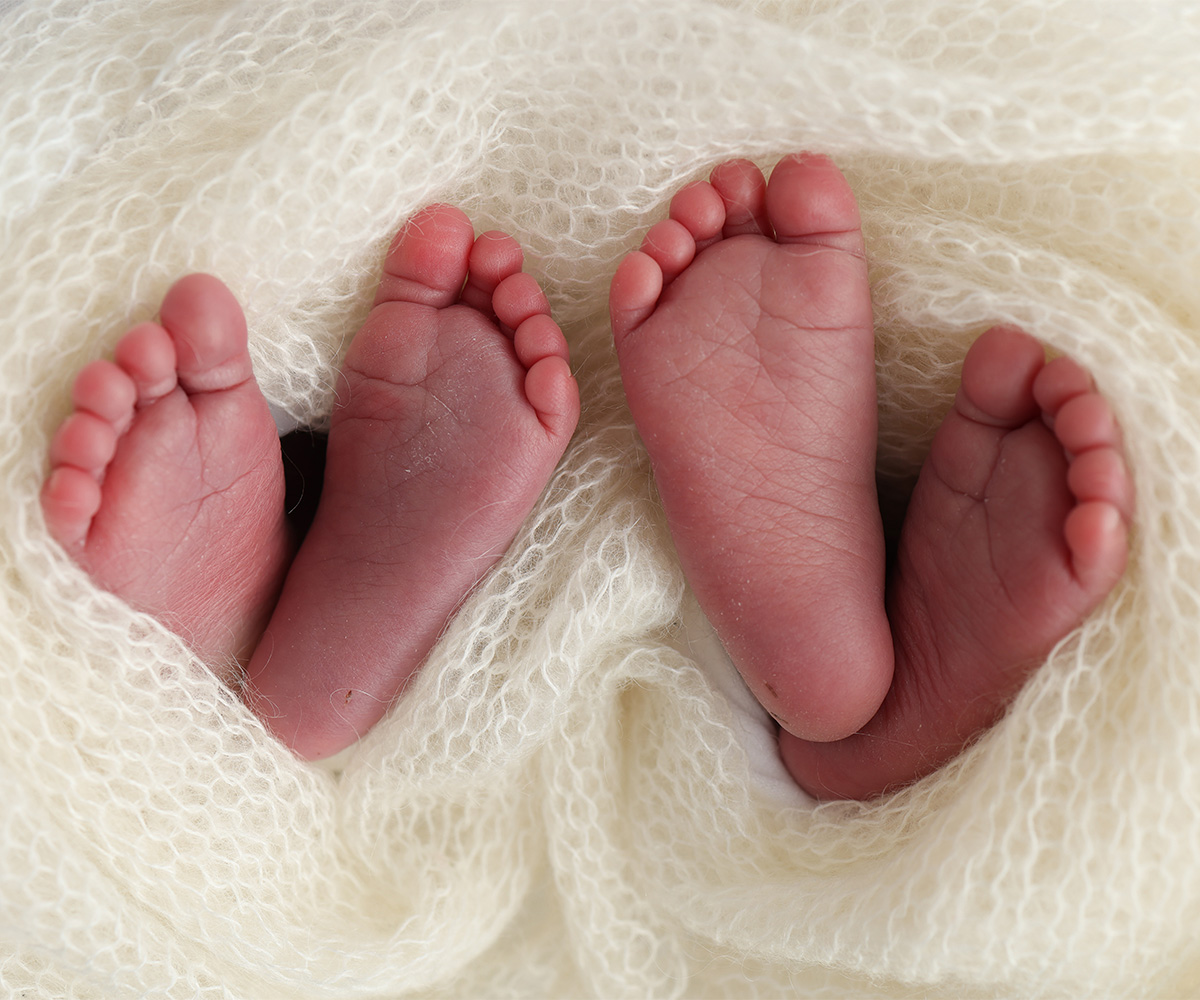
Being pregnant with twins requires more energy and nutrients than carrying a single pregnancy, but there have been few studies on the maternal dietary factors that contribute to the health of twin pregnancies. To understand how and when during a twin pregnancy people may change their diets, researchers from the Division of Population Health Research (DiPHR) analyzed data from a diverse group of 148 women across the United States participating in the Fetal Growth Studies.
- Total energy intake increased an average of 243 calories per day from the first to the third trimester. During the first trimester of a twin pregnancy, women consumed an average of 2,010 calories daily. This rose to 2,177 in the second trimester and 2,253 in the third trimester.
- The researchers saw no meaningful differences throughout pregnancy in consumption of different food groups and nutrients or in diet quality. Overall, the study participants’ diet quality was less than optimal. Diets tended to fall short of national guidelines for consumption of whole grains and healthy ratios of fatty acids and were higher than recommended in sodium and empty calories.
- Identifying appropriate maternal nutrition to optimize outcomes for twin pregnancies remains an important area of research.
Reference
Yisahak SF, Hinkle SN, Mumford SL, Grantz KL, Zhang C, Newman RB, Grobman WA, Albert PS, Sciscione A, Wing DA, Owen J, Chien EK, Buck Louis GM, Grewal J. Nutritional intake in dichorionic twin pregnancies: a descriptive analysis of a multisite United States cohort. Matern Child Health J DOI: 10.1007/s10995-023-03802-5 (2024)
Learn more about DiPHR: https://www.nichd.nih.gov/about/org/dir/dph
 BACK TO TOP
BACK TO TOP